Author: Jovan Kurbalija
A Tipping Point for the Internet: Predictions for 2018 (Briefing Paper #9)
2018
Author: Jovan Kurbalija
2018

In R. Allison and P. Williams (eds), Superpower Competition and Crisis Prevention in the Third World (Cambridge UP, 1989), pp. 206-16.

The text discusses the emergence of diplomatic relationships during the Amarna period, highlighting how this era marked the start of international relations.

Regionalism in the Post-Cold War World emphasizes the shift towards regional cooperation and integration following the end of the Cold War. It discusses how national interests can align with regional cooperation and highlights the importance of regional organizations in addressing common challenges such as security, economic development, and environmental issues. Overall, it examines the evolving nature of regionalism in the contemporary global landscape.
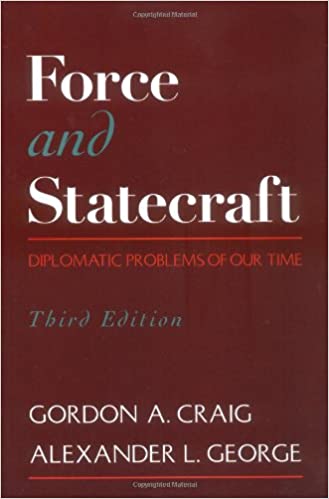
In this classic text, an eminent historian of international affairs and a distinguished political scientist survey the evolution of the international system, from the emergence of the modern state in the 17th century to the present. Craig and George pay particular attention to the nineteenth century's "balance-of-power" system, the basic tenets of which still determine many applications of modern diplomacy. The authors also focus on the ways in which the 20th century diplomatic revolution--a complex of military, political, economic and ideological factors--has destroyed the homogeneity of th...
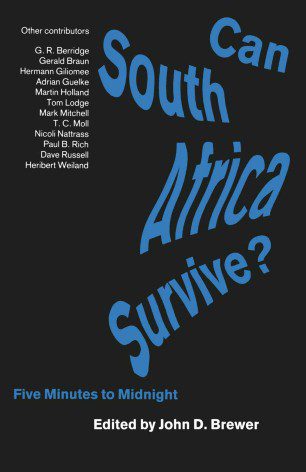
In John D. Brewer (ed.), Can South Africa Survive? (Macmillan, London, 1989), pp. 9-34.
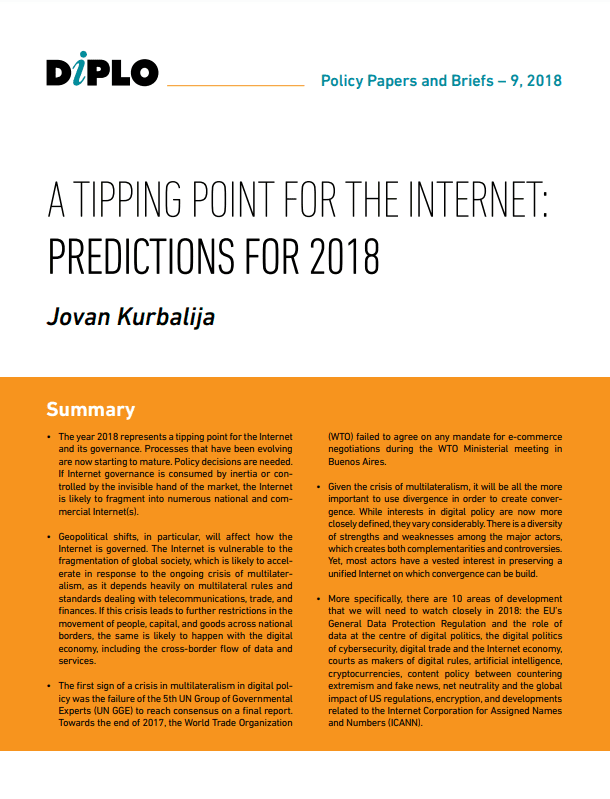
The briefing paper discusses various predictions for the internet in 2018, focusing on key trends and developments that will shape the digital landscape. Key areas include the rising importance of cybersecurity, the impact of artificial intelligence on online platforms, growing concerns over data privacy, increased regulation of tech giants, and the potential for blockchain technology to revolutionize various industries. These trends are expected to drive significant changes in how we use and interact with the internet in the coming year.
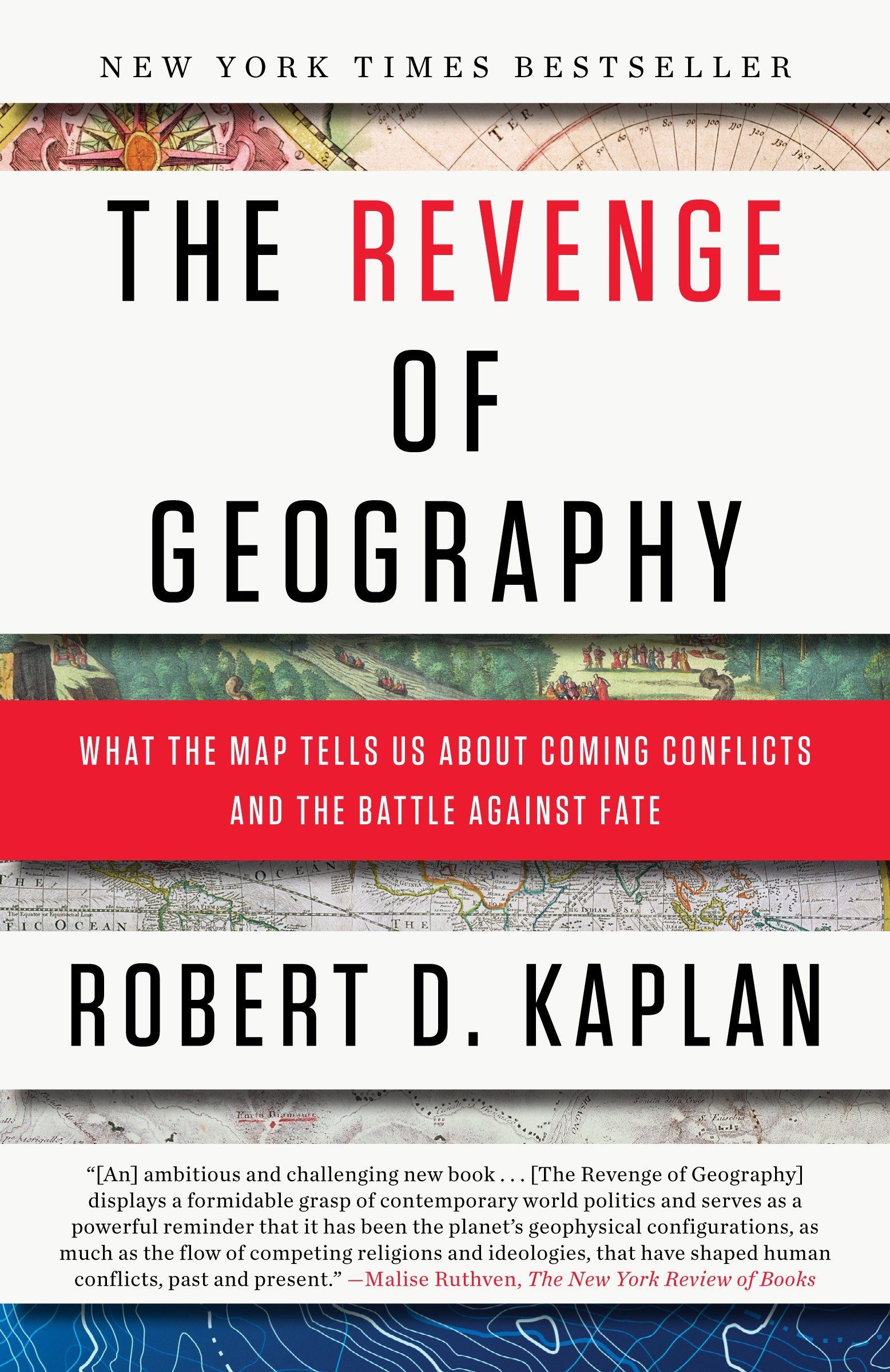
The Revenge of Geography discusses how the physical and political landscapes influence global conflicts and shape our destinies.
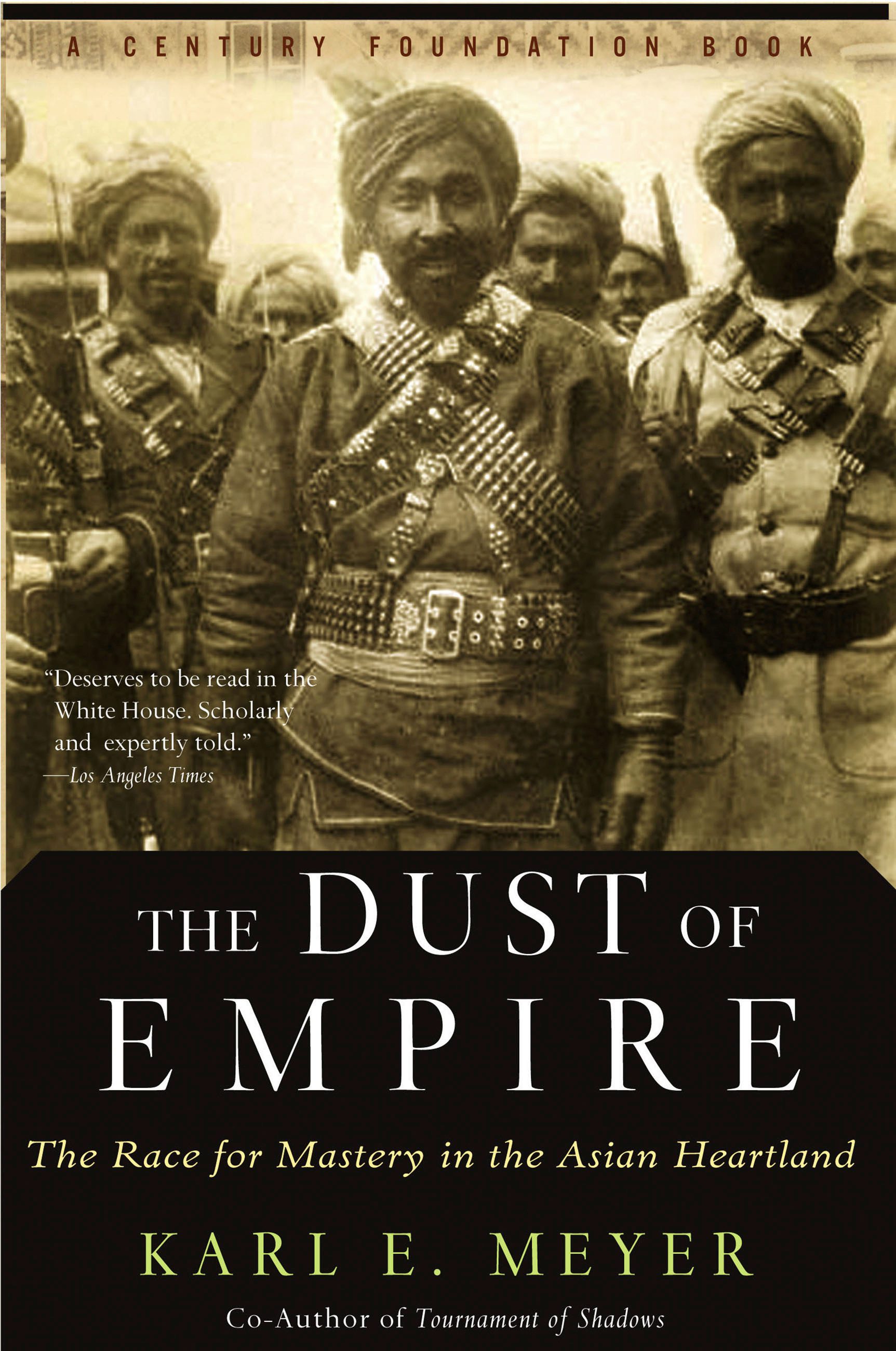
Central Eurasia refers to the countries in the Caucasus and to the five countries of Central Asia: Kazakhstan, Uzbekistan, Turkmenistan, Kyrgyzstan and Tajikistan. These countries that had once been part of the Russian and Soviet Empire were broken off and set adrift when the Soviet Union self-destructed at the end of 1991. They belatedly joined Pakistan, Afghanistan and Iran, three countries that also emerged from the sphere of influence of an empire, the British one, to become – in the words of Charles De Gaulle speaking of the newly independent African states – the dust of empire.
Tailor your subscription to your interests, from updates on the dynamic world of digital diplomacy to the latest trends in AI.
Subscribe to more Diplo and Geneva Internet Platform newsletters!
Diplo is a non-profit foundation established by the governments of Malta and Switzerland. Diplo works to increase the role of small and developing states, and to improve global governance and international policy development.
